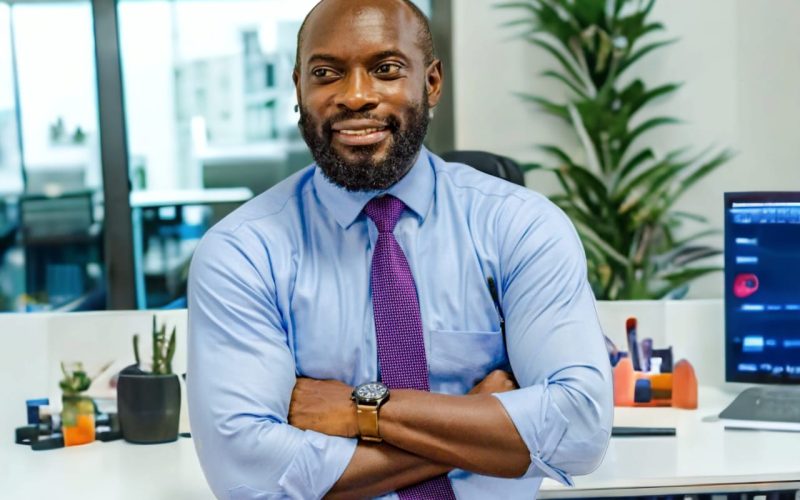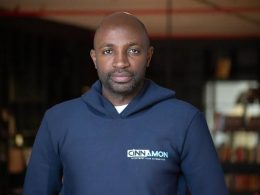- Can you walk us through your typical morning routine as a Information Security Specialist? What are the first tasks you tackle when you start your day?
My morning routine typically begins with a review of any security alerts or incidents that may have occurred overnight. So, I start by looking at the various monitoring tools and assessing the severity of any potential threats. Once I have a good understanding of the current security status from that review, I prioritize my tasks for the day, which could include investigating suspicious activity and/or checking the general effectiveness of security controls or measures. It’s crucial to start my day with a clear and proper grasp of the potential risks facing our technology infrastructure.
- In the realm of Information Security, challenges can vary. Could you share some common issues or threats you encounter regularly?
We usually encounter a multitude of challenges on a regular basis. One common issue is phishing attacks, where malicious actors attempt to trick staff and our customers into revealing sensitive information or downloading malicious software on their computers or mobile devices. Other threats include ransomware, which can encrypt data and demand payment for its release. Usually, their aim is to disrupt the availability of our services or even steal sensitive information. Staying vigilant against these and other threats is a constant battle in my field
- What are the primary responsibilities and tasks that define your role.
My primary responsibilities revolve around protecting the organization’s information assets from threats and vulnerabilities. This entails implementing and maintaining security controls, conducting risk assessments, monitoring for suspicious activity, and responding to security incidents.
- Information Security often involves collaboration with different teams. What role does team work play in carrying out your work.
Teamwork is always essential, as no single individual can effectively address all organizational security challenges in isolation. Collaboration with colleagues in IT, operations, and other departments is crucial for implementing effective security measures across the organization. Through working together, we leverage each other’s expertise and perspectives and this helped us develop comprehensive security solutions and swiftly response to emerging cyber threats.
- The field of Information Security is ever-evolving. How do you keep your skills and knowledge up-to-date?
I regularly participate in training courses, workshops, and industry conferences. I also make use of online resources or guidance provided by professionals in the same industry to stay informed about the latest trends and best practices. Continuous learning is essential in our field, it is the only effective way to adapt to the ever-changing threat landscape.
- Can you share a memorable experience in your journey in this line of work?
There is time our team successfully stopped a sophisticated cyber-attack that targeted the organization’s sensitive customer personal data. It was a challenging and intense situation, but through effective teamwork, quick thinking, and meticulous prior planning, we were able to stop the attack dead in its tracks preventing significant damage to our infrastructure. This experience highlighted the importance of preparation, communication, and collaboration in defending against cyber threats.
- What advice would you give to someone that is thinking of joining the field?
My advice to someone thinking of joining the field would be to develop a strong foundation in computer science, networking, and information security principles. It’s also important to stay curious and proactive about learning new technologies and staying informed about the latest threats and trends. Additionally, seek out opportunities for hands-on experience through internships, projects, or entry-level positions to gain practical skills and insights into the field. And remember, Information Security is not just about technical expertise; strong communication, problem-solving, and critical thinking skills are also essential for success in this dynamic and challenging field.








